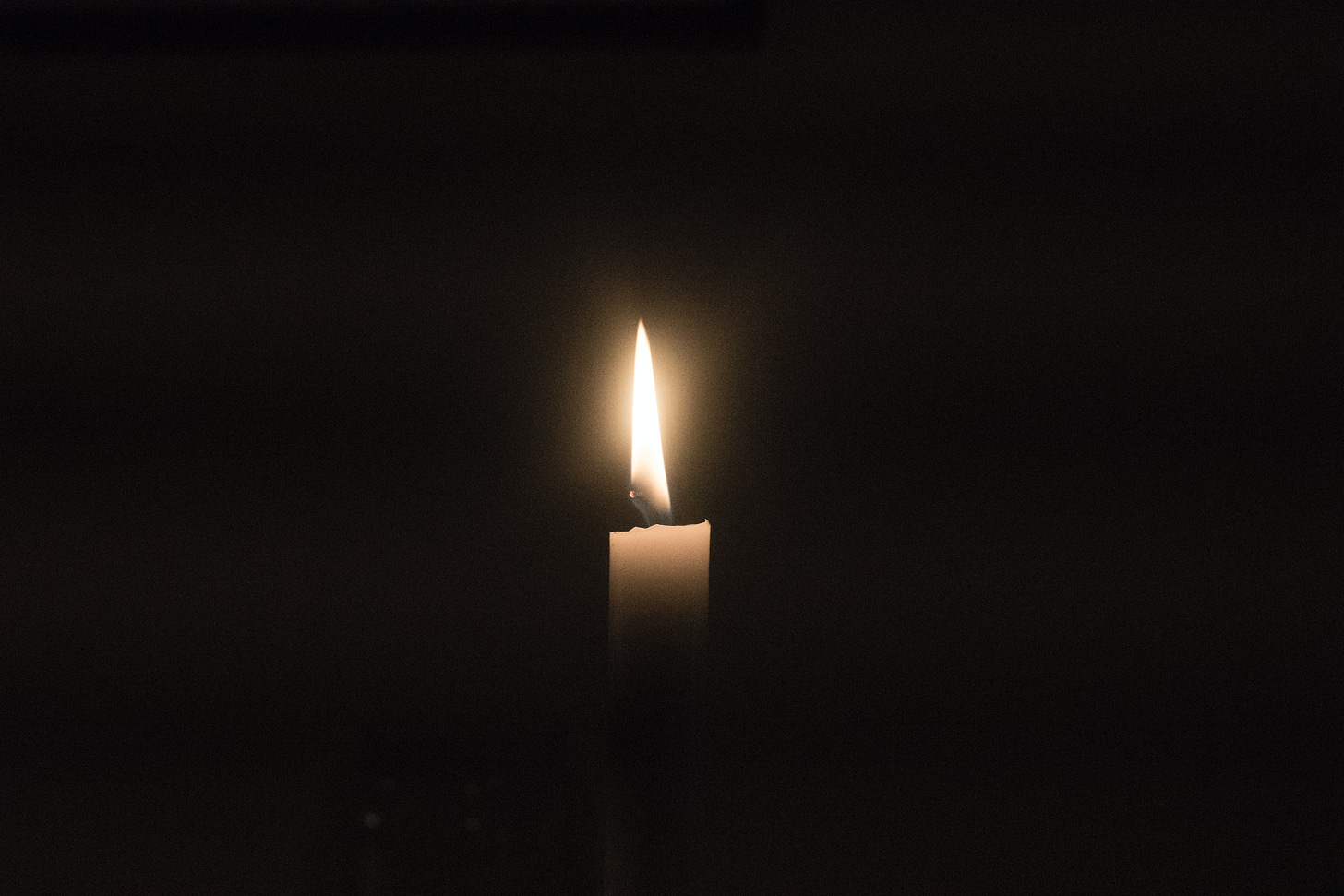Light in the Winter of Our Discontent
Must we feel guilty for experiencing joy in these dark days?
Photo by Jarl Schmidt on Unsplash
As the year ends, darkness has invaded our consciousness. Darkness, literally, because the days are short. Darkness, figuratively, as our species reveals its capacity for wielding death and destruction in Ukraine and the Middle East, but also in Myanmar, in Sudan, in Ethiopia, and in Mali. Closer to home, we see friends (some of them our own age) suffering from disease and disintegration. Sadness and sorrow confront us at every turn.
In a recent essay, Beth Bruno, a writer I greatly admire, posed a thoughtful question about the proper response to darkness:
“I was immersed in the joy of what I was doing when suddenly I felt a shadow fall over me. Should I be allowed to feel such joy at this time in history? ...Is my joy appropriate when so many are in pain, have lost everything, and are facing a dire and uncertain future?”
I was not surprised that she answered her question by affirming her right to experience joy, but I was struck by her reason for it: Joy is an act of resistance, she wrote, “an act of rebellion against the evil powers in the world who are bent on stripping all of us of our joy.”
This idea was new to me, although apparently it has been floating around on the Internet for some time. I am told that on Instagram you can find the phrase “Joy is an act of resistance” imprinted on t-shirts, tote bags and banners. It’s the name of an album by a British rock band and the title of a poem by David Gate.
Assuming that the phrase is more than a catchy slogan, what exactly does it mean to make joy an act of resistance? From my readings, it seems we can approach the question on both a personal level and a macro level.
Personal Joy
If you ask whether it is selfish to seek joy while hundreds of millions suffer, says writer and storyteller Jon Gorman, “you are confusing joy with hedonism.” Joy, he writes, “is an inner light. It is your flickering candle. It is your radiant self. It shines its way to the surface in moments, big and small, kind and gentle, soft and hard-fought. They are the small moments that save us.” We need to feel joy because “joy, however ephemerally, alleviates suffering…It is the inner light that beats back the ache, melancholia, rage, and darkness. It is an act of rebellion.”
We need joy in our lives to restore our physical and emotional balance, argues Ingrid Fetell Lee, a designer and author of Joyful. “Research shows that small bursts of positive emotion can help reset the body’s physical responses to stress, so that people can continue to fight from a place of wellbeing and strength.”
Communal Strength
If we turn to the macro impact of joy, Lee makes the case that individual joy can also power larger acts of communal resistance and rebellion. “It’s a curious feature of autocratic regimes that forms of joy are often banned,” she writes. “What dictators know is that joy has a propulsive force, and that anything that gathers and channels that energy threatens to upend the rigid control of a population.”
If we relinquish joy, she adds, “we not only lose a profound source of unity, strength, and resilience, we also lose the point of it all. And so we must risk delight.”
“Joy doesn’t betray but sustains activism,” says writer Rebecca Solnit. “And when you face a politics that aspires to make you fearful, alienated, and isolated, joy is a fine initial act of insurrection.”
“The despair I feel about the world would ruin me if I did not know how to find the light,” writes Mary Pipher in a recent opinion piece in The New York Times. “No matter how dark the days, we can find light in our own hearts, and we can be one another’s light…We cannot strop all the destruction, but we can light candles for one another.”
That line connects in my mind to a piece of wisdom from my Jewish tradition. A few weeks ago, we celebrated Chanukah by lighting candles. One candle is designated as the shamash, or helper candle. It is lit first, and its task is to use its flame to light the other candles. With my grandchildren watching, my wife pointed out, “When the shamash candle lights the other candles, its own flame isn’t diminished.” As with light, so with joy. We need to feel it not only for ourselves, but to spread it to others around us.
When everything around us seems dark, it’s important to remember those flashes of joy and wonder, if only to keep from succumbing to the darkness. “Do not give up on joy,” writes activist Christy Tending. “Do not become so hardened and cynical that you are robbed of life’s beauty.”





Lovely, and pairs well with another piece I read recently about looking for 'delight' every day -- in anything and everything around us. Do this, the author says, until it becomes a habit...like seeking joy.
Beautiful piece. Joy is an act of resistance. I am going to hold on to that sentiment with all my heart.